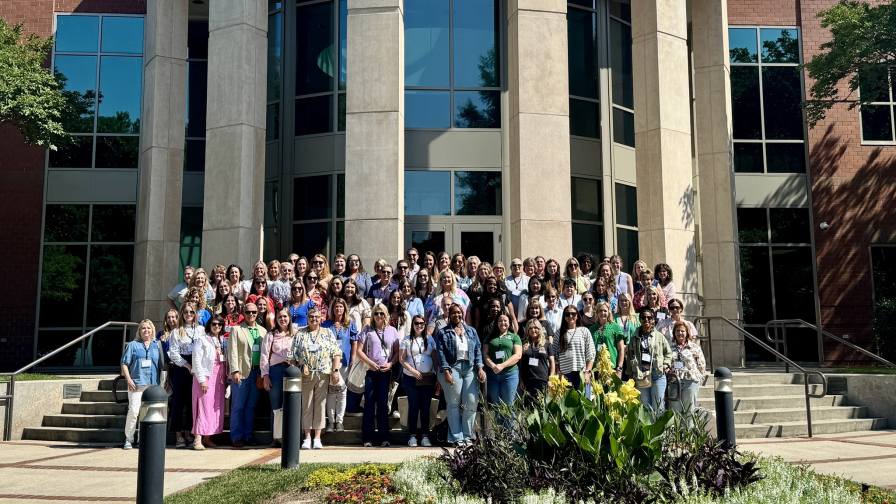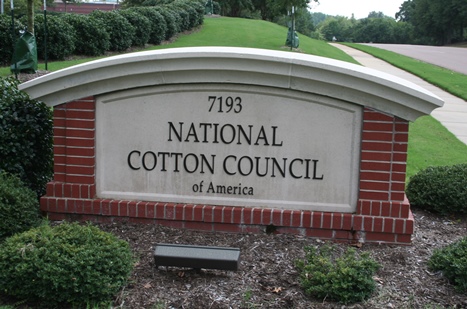‘Passport’ To Global Success
This country is going to hell in a handbasket.
I wish I had a dime from every person that ever uttered that cheery expression to me. I’m only 43, but I’ve heard it an awful lot.
Doing a little research, I found that there have been several points in history where self-doubt reigned in our fine democracy, but one that was of particular interest to me “way back” in 1979 was how American high school kids (like me) were labeled a bunch of “knuckle-dragging” baboons compared to the Japanese. Those who lived at that time might recall this as the rise of the Japanese automobile industry and, simultaneously, the rise of the Japanese way of life. In-between listening to pop music and hanging out at the video arcade, I read about how Japanese teenagers were being educated in science and math and getting ready to kick our tails in the global economy. Books like Theory Z (read it because I had to) became staple reading in business classes. While they pushed American business pretty hard and taught us some important lessons, we survived just fine, and came to find that we weren’t so stupid after all.
But that was not an isolated incident. In the 1950s, Life magazine published an article series that followed a Russian teenager and an American teenager around to compare their relative high school experience. While the Russian kid studied math and science, spoke English, played chess, and studied four hours after school each day, the American kid waltzed through basic geometry and typing class, read popular magazines and did not bother to study. Life deemed American kids not ready to “cope with the technicalities of the Space Age.” We’re all pretty clear on how that one came out.
Today, think about what we are hearing about growth in China and India, and the outsourcing of white collar jobs. No doubt, you’ll be seeing stories comparing high school kids over there to our XBox 360-playing, iPod-addicted teens in the years ahead.
Why the lengthy allusions to past inferiority complexes? To point out that in times of challenge, Americans have been more than capable of rising to the occasion.
This means fighting off the urge to listen to what the naysayers are talking about and to get on with the real work that needs to be done.
That’s what we’ve worked to accomplish in this issue with the introduction of “Cotton Passport.” The world cotton market is evolving, and some are questioning the future viability of the U.S. cotton industry as a part of a globalized market. In these stories and in future efforts under the “Cotton Passport” banner, we will be inviting the best thinkers from throughout the cotton industry to provide perspective and ideas about how the domestic cotton market can survive and thrive. Of course, editors Henry Gantz and Drew Harris will provide expert perspective as well.
This issue is loaded with ideas and optimism and perspective from folks that are working hard to clear a path of opportunity for U.S. growers. Hopefully, for many of you this is preaching to the choir, and you’re out there exploring opportunities in the global cotton market. This issue should serve to bolster your efforts to date. If not, now is a great time to get started.
We at Cotton Grower are proud to serve the U.S. cotton industry and pledge to provide all the support we can to ensure its long term viability. Let’s get to work!









